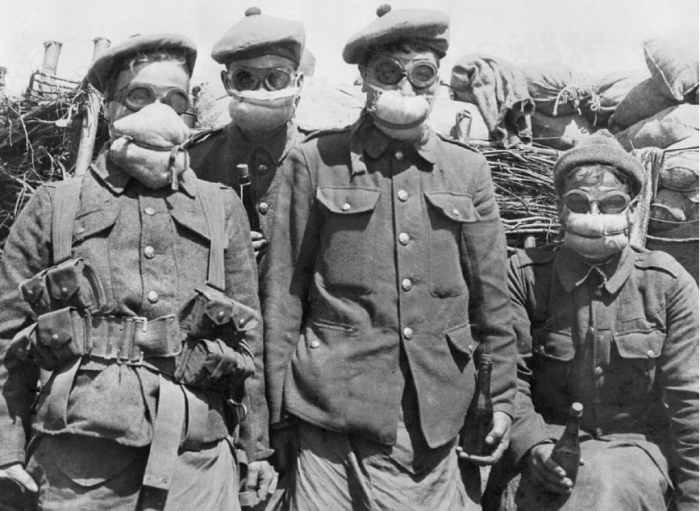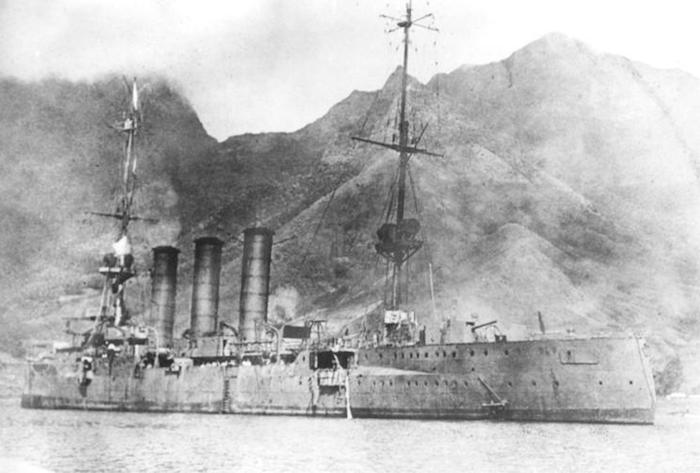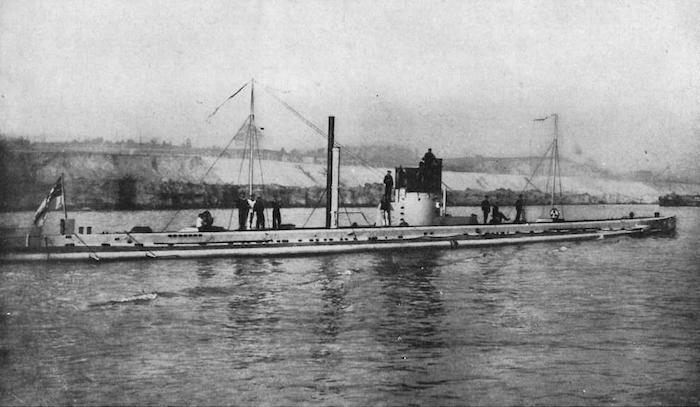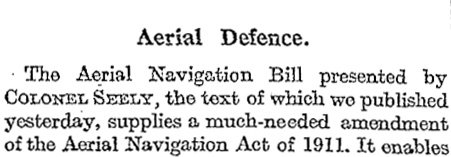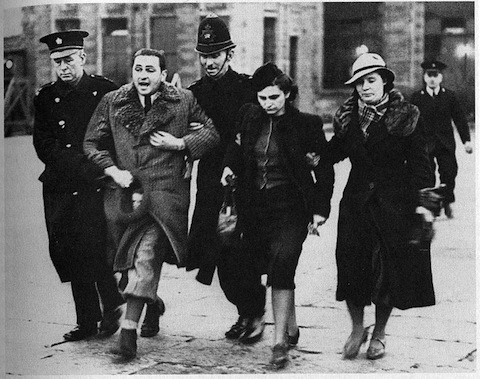The road to war – XII
For my twelfth (and last?) contribution to ABC New England’s Road to War series, I spoke about what was undoubtedly the most important battle to take place in late April 1915, the Second Battle of Ypres in Flanders. The reason why this was so important is because it opened with the first successful, large-scale poison […]

